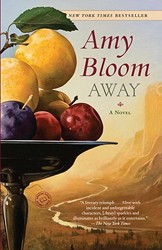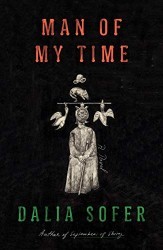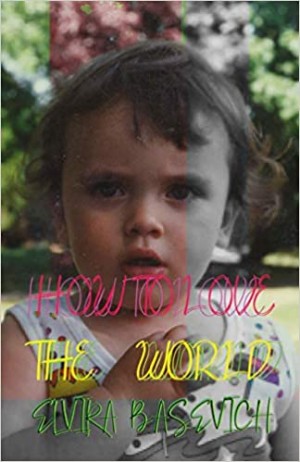In her new novel (her fifth in addition to several collections of short fiction and two nonfiction books), Amy Bloom again demonstrates her gifts as a writer. Bloom’s prose is at once simple and lyrical, and she grounds her characters in a rich historical context with a lightness of touch that hides a prodigious amount of research. Above all, Bloom manages to take on big themes in a compact package.
In her previous novels, Bloom has often explored the meaning of family, a theme she takes up again in I’ll Be Right Here. The novel begins with Gazala and Samir, half-siblings of an Algerian father living in Paris in the early days of the German occupation. When their father dies suddenly, the siblings are left to their own devices to survive the war — which they manage to do with the help of Colette, the renowned French novelist, who becomes a surrogate mother to Gazala.
After the war is over, the siblings emigrate to New York In their new home, they are befriended by the Cohens, a working-class Jewish family, and are drawn into a complex web of relationships: with Alma and Anne Cohen and their husbands; with Anne’s sister-in-law (and later wife); with Anne’s daughter, Lily; with Lily’s throuple (her business and sexual partners) and her son; and with Bea, a young girl who becomes Gazala’s and Samir’s surrogate daughter when her grandmother dies. The intricacies of the relationships give an unconventional meaning to the concept of family.
The book is not without some problems of construction. After the historical buildup, not much is made of Gazala’s and Samir’s wartime experiences once they come to the US; in fact, the siblings almost fade into the background as the focus shifts to the Cohens. Another issue is the story, which spans over eighty years. isn’t told chronologically; it is hard to see what the circling in and out of sequence adds to the novel.
But Bloom writes with warmth, humor, and love for this disparate group, who are a true family if not in actual fact. A highlight of their lives together is an interfaith Passover seder, which provides a lovely model of comity and togetherness. They are a voluble and engaging bunch, and it’s worth spending a few hours in their company as they navigate and support each other through the dailyness of life and love. To paraphrase the title of Bloom’s previous novel, we should all be so lucky to have such a family.





